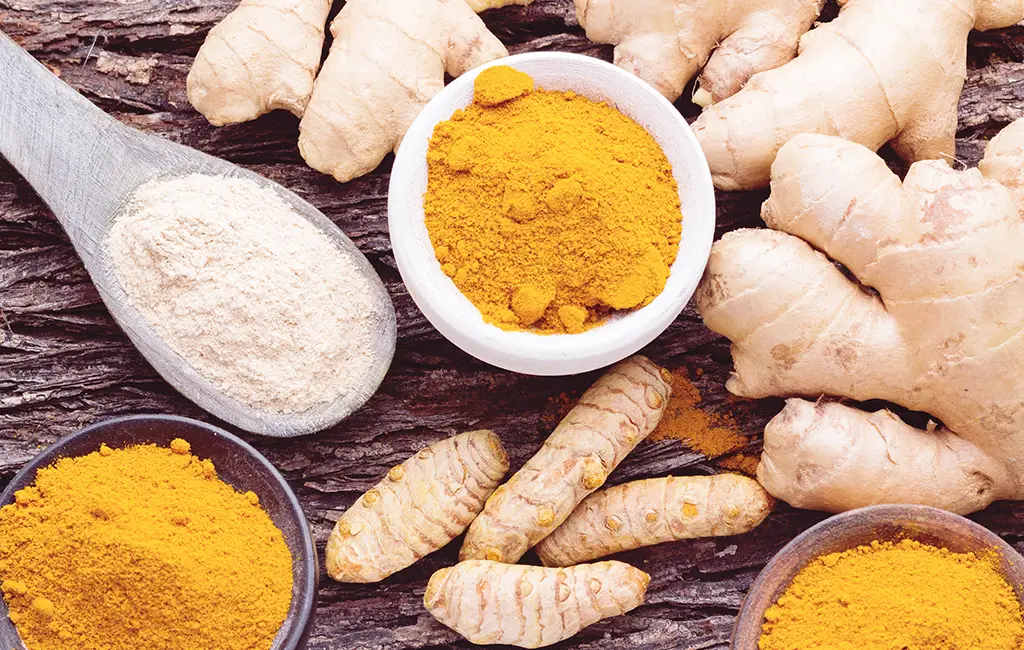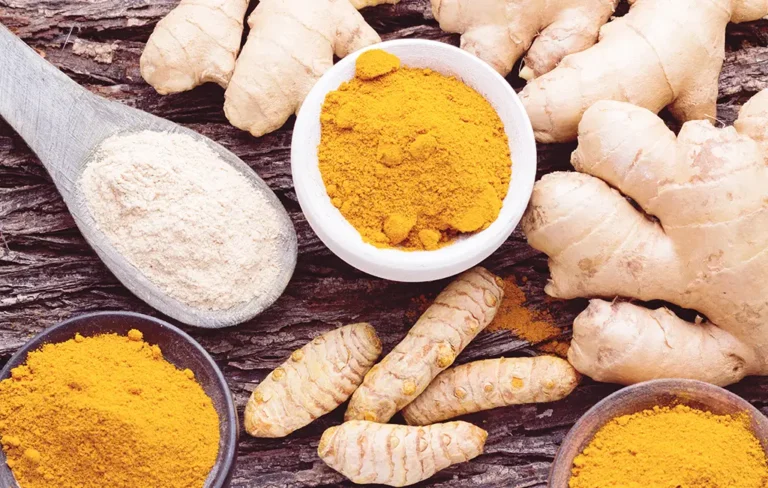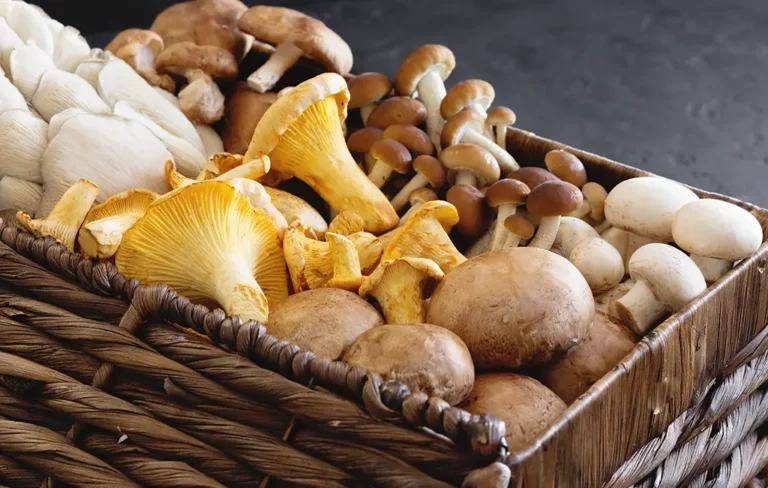Inflammation is a common concern that can disrupt the body’s natural balance and lead to discomfort. In Chinese medicine, acupuncture is often used as a holistic approach to address inflammation and promote overall well-being. In addition to acupuncture, specific teas, drinks, and foods play a crucial role in supporting the body’s healing process. In this blog post, we will explore how these traditional remedies can complement acupuncture treatments to alleviate inflammation effectively.
Understanding Inflammation in Chinese Medicine
In Chinese medicine philosophy, inflammation is often viewed as an imbalance of Qi (vital energy) and blood flow within the body. Acupuncture aims to restore balance by stimulating specific points along the body’s meridian pathways, promoting the smooth flow of Qi and blood. By addressing the root cause of inflammation, acupuncture helps to relieve pain, reduce swelling, and improve overall health.
The Role of Dampness
In Chinese medicine, another important factor contributing to inflammation is “dampness.” Dampness occurs when the body’s ability to transform fluids is impaired, leading to a build-up of excess moisture. This stagnant and heavy quality can exacerbate inflammation and contribute to symptoms such as swelling, lethargy, and digestive issues.
Types of Inflammation
Inflammation can manifest in various forms, each with its own set of symptoms and underlying causes. Some common types of inflammation include:
- Acute Inflammation: This type of inflammation is typically short-term and occurs in response to injury or infection. Symptoms may include redness, swelling, pain, and heat in the affected area.
- Chronic Inflammation: Chronic inflammation is long-term and may be associated with underlying health conditions such as arthritis, autoimmune disorders, or obesity. It can contribute to systemic symptoms such as fatigue, joint pain, and digestive issues.
- Damp-Heat Inflammation: Damp-heat inflammation occurs when dampness and heat accumulate in the body, leading to symptoms such as swelling, redness, and discomfort. This type of inflammation is often associated with conditions like skin rashes, urinary tract infections, and digestive issues.
Understanding the specific type of inflammation can help tailor treatment approaches to address underlying imbalances and promote healing.
Complementary Teas and Drinks
Chrysanthemum Tea
Chrysanthemum tea is a cooling beverage that helps clear heat and reduce inflammation in the body. It is commonly used in Chinese medicine to soothe sore throats, relieve headaches, and promote relaxation.
How to Prepare:
Steep dried chrysanthemum flowers in hot water for 5-10 minutes.
Strain and enjoy the light and refreshing tea on its own or with a splash of honey.
Ginger and Turmeric Elixir
Ginger and turmeric are potent anti-inflammatory herbs that complement acupuncture treatments. Combining them into a warming elixir enhances their therapeutic effects and promotes circulation.
How to Prepare:
Grate fresh ginger and turmeric root into hot water.
Let the mixture steep for 5-10 minutes.
Strain and add a squeeze of lemon juice and a dash of honey for flavour.
Nourishing Foods
Mung Bean Soup
Mung beans are cooling in nature and help to clear heat and reduce inflammation in the body. Mung bean soup is a nourishing dish that complements acupuncture treatments by supporting digestive health and promoting detoxification.
How to Prepare:
Cook mung beans with ginger, garlic, and vegetables in a pot of water.
Simmer until the beans are soft and the flavours have melded together.
Season with salt and pepper to taste and garnish with fresh herbs before serving.
Steamed Fish with Ginger and Scallions
Steamed fish with ginger and scallions is a classic Chinese dish that promotes circulation and reduces inflammation. It is light, easy to digest, and provides essential nutrients to support the body’s healing process.
How to Prepare:
Place fresh fish fillets on a plate and season with sliced ginger and scallions.
Steam the fish until cooked through and tender.
Drizzle with soy sauce and sesame oil before serving.
Conclusion
When combined with acupuncture, specific teas, drinks, and foods from Chinese medicine can enhance the body’s ability to reduce inflammation and promote healing. By incorporating these traditional remedies into your daily routine, you can support your acupuncture treatments and experience greater relief from inflammation-related symptoms. Whether you prefer soothing teas, nourishing soups, or light and refreshing smoothies, there are many options available to complement your acupuncture journey towards improved health and well-being.
If you are interested in learning more about how acupuncture and Chinese medicine can help alleviate inflammation, feel free to reach out or book an initial consultation. Together, we can create a holistic treatment plan tailored to your individual needs and preferences.








